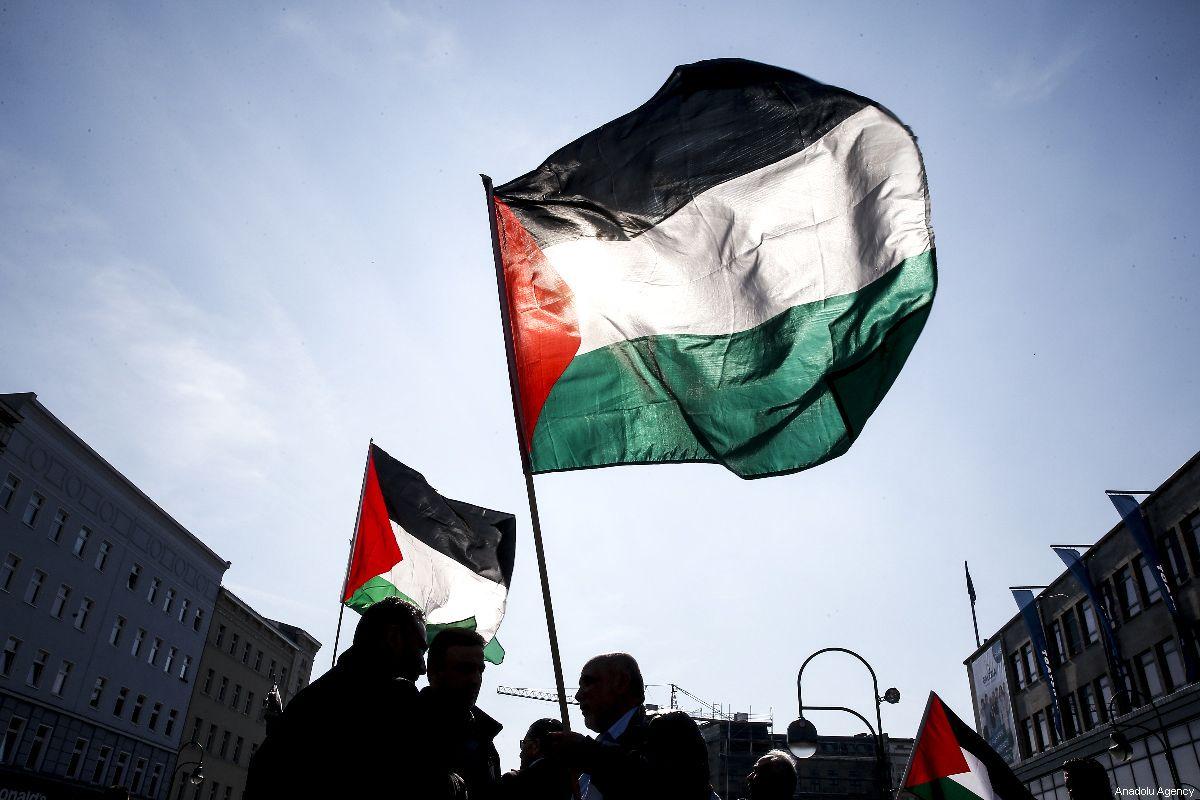Washington is facilitating further collective betrayal of Palestinian political rights

Palestinians want their land and rights restored; it’s a simple demand which the international community has succeeded in mangling in order to promote colonial agendas. US President Donald Trump has contributed to the external scheming by adding speculation over what concept of a “state” is envisaged for the Palestinians, to the point that the media is still discussing whether the US is in favour of a one- or two-state paradigm
The details revealed so far of the so-called “deal of the century” encourage such debate. What we can be sure of is that the US is committed to preventing the emergence of any form of Palestinian state. To sustain its position, Washington also knows that the international community will not put up any formidable opposition, not even to defend the two-state compromise that still does the rounds in diplomatic circles.
In an interview with CNN’s Christiane Amanpour, US Ambassador to Israel David Friedman said that the US refuses to engage in discourse regarding a Palestinian state because the term “conjures up so many potential issues.” The US, Friedman declared, “believes in Palestinian autonomy.” To explain this sophistry, he added, “We believe that autonomy should extend up to the point where it interferes with Israeli security.”
In other words, the US will not speak about a Palestinian state because it is against anything that might give rise to Palestinians pursuing their political rights. Meanwhile, the US definition of Palestinian autonomy is limited to a defined set of concessions which do not interfere with Israel’s colonial expansion. The last thing the world needs, claimed Friedman, is “a failed Palestinian state.”
In the real world, it is foreign intervention and interference which has created failed states, while Israeli colonialism in Palestine has eliminated all possibilities whatsoever of any semblance of a viable state. What Friedman wants, and the international community will not object to, is a situation where Palestinians are defined by others, not by themselves. Minimising Palestinian input when it comes to their political rights can create a new platform for a consensus whereby the international community clearly aligns itself with US-Israeli demands; nothing new in that, of course.
One of the main criticisms of Trump’s “deal” was the absence of a political framework. The international community’s adherence to the two-state paradigm, particularly promoted by the EU, has not succeeded in implementing Palestinian political rights. Yet again, there is tacit agreement between the US and the international community whereby, despite the differences in political agendas, the underlying aim is to render Palestinians absent in a process where the only respite remaining to them is humanitarian aid. The latter, as can be seen from the recent developmentsregarding funding for UNRWA, is still subject to political decisions in which Palestinians, as recipients rather than political actors, have no say.
Can the international community prove that it is pursuing an agenda with outcomes for Palestinians that differ from those envisaged by the Trump administration? So far, it seems that Washington is facilitating the next phase of collective betrayal of Palestinians and their rights. They are still, unfairly, expected to wait for purported “solutions” in which their existence and resilience in asserting their right to return are considered obstacles by Trump and the international community.
Source: Middle East Monitor

WRITE YOUR COMMENT